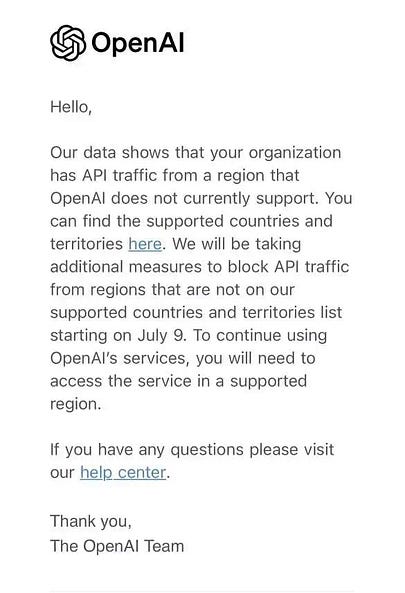What it's like inside the Great Firewall
By now, we've had dozens of posts about the Great Firewall, VPNs, internet censorship, and so forth, but they're all from the vantage of the outside trying to look in. Of course, that gives us a skewed picture of what the situation is really like with regard to the internet inside and outside of the PRC. This is not a healthy situation, for nearly one fifth of the world's population (17.72%) live inside the borders of China. To be ignorant of how they are living is dangerous, for we may make erroneous assumptions about what one fifth of humanity is doing and thinking.
Fortunately, at last I have found an American expat who has been living and working in the PRC for more than a decade at a remote location and is well connected with many Chinese colleagues. He is an active scholar and very well informed about the internet, AI, databases, and so forth, both inside and outside of the PRC. I should note that he does not live among expats. In fact, he is the only Westerner where he is located, quite far from major metropolitan areas, so he truly understands what Chinese of all walks of life do on a day-to-day basis.
Read the rest of this entry »

